What Counselling is (or isn't) About...
Over the last few years, I have seen hundreds of new clients step foot through my doors and sit on the couches and chairs of my various offices. Each of those people have taught me something about what counselling is and what it isn't. Clients carry their own perceptions and misconceptions about what they can expect from a counselling session. I thought it may be nice for you to have an idea of what you can expect out of a counselling session with me.
Of course, a session changes and moves with you as we spend time together. Aside from the first appointment, there is no rote script to follow. There is no checklist. No musts. The first appointment is about me getting to know you, where you've come from, and why you're sitting in my office. It is the only time you'll see me take notes. It is the only time I'll be working off a script (and even then, I tend to stray where you take me). It is the preliminary get-used-to-talking-about-things-you-don't-tell-anyone-else session for you and it is the get-to-know-you-and-what-you're-about session for me. You get used to talking about yourself, and I get used to how you talk about yourself. It is how we set up how we will work together (because we do therapy together) for the rest of our time, however long that may be (we'll cover that in the first session, too).
As we work together, you need to understand that this may be the only place in the world where you can speak without being judged for it. You will know that you are understood and that I will not tell you not to feel something you know you feel. That is not what therapy is about.
Therapy is about you being able to unload without judgement or fear. It is about being safe. It is about giving yourself the time and consideration to think through and explore all the facets of your life that you have left unattended for whatever reasons, be it trauma, busyness, or just plain old neglect of yourself.
Coming to therapy does not mean you are crazy, nor it is an admission of weakness. Even very good drivers consult road maps at times. For some, that is what therapy is: consulting life's maps. Am I on a good trajectory? Could I be taking a better route?
For others, counselling is like figuring out a puzzle. The challenge is that you have no picture of what the put-together puzzle is supposed to look like. You're not sure you have all the pieces. You're not even sure the pieces you have are from the same puzzle. All you have is a bag of puzzle pieces, and life is telling you to put it together. That's where counselling comes in.
Together, we dump out the bag of puzzle pieces. Together, we take the time to turn over each and every piece and examine it to see how, and if, it fits. Through this difficult, and sometimes quite emotional process, you begin to understand yourself. You gain an awareness of who you are, of why you make the choices you do, of why you think the way you do about yourself and others. In learning about yourself, you begin to recognize the areas of your life where you can take back some of the self-control you seem to have lost. You also begin to see how you have made good decisions. When I reflect what I am hearing back to you, it is your chance to say, "Yes, that sounds right!", or, even better, to say, "Actually, no, I don't always do it that way."
What a wonderful feeling to be able to understand yourself more clearly. To be aware of how you are feeling as you feel it. To be able to connect to everything that is going on inside you at the moment in which it happens, rather than have it (whatever "it" is for you) sit and fester and rot and eat away at you.
The hard part is being willing to come and talk and explore and actively participate in delving into the hard things to understand how the base of your life can be changed. It is a long process. It is hard, emotional work. It takes a toll on your emotions, but it is worth every tear.
The hardest part for some, is the realization that they have been living life for so long in a way that suddenly feels "wrong". It isn't wrong; it may be ineffective, unproductive, or painful, but that is very different than wrong. But, there are more things about therapy that are hard. Therapy isn't easy. Baring your soul to a stranger, while easier at first perhaps, gets more difficult the longer you come.
I'll tell you this now, and it may seem silly to read it here first, but trust me - it will make things easier later. Your counsellor will be the best friend you can never have. Read that sentence again, please.
This is not a friendly chat over coffee (although, I have been known to have coffee while in session). This is not a band-aid solution, this is not homework, this is not Googling "how to not be angry". Your whole life has been going in a certain trajectory and now you want to change that trajectory. You have built a life on certain assumptions. You have developed a base. Now you want to change that base. It will take a long time. It will take a lot of work. It will take times of me confronting you and you confronting me.
Sometimes it may feel like you are going nowhere. Sometimes it may feel overwhelming. Overall and over time, it will feel like you are changing. And that is what counselling is (and isn't) about. At least, it is with me.
